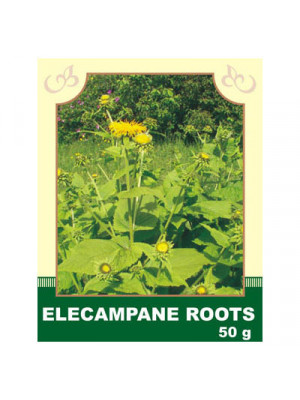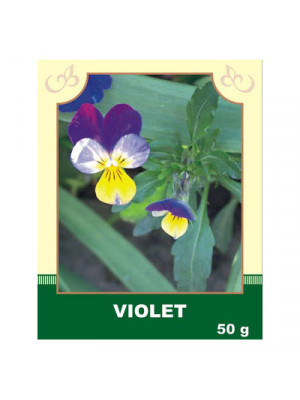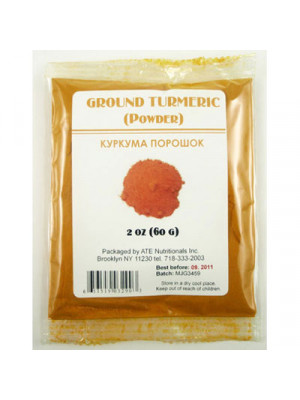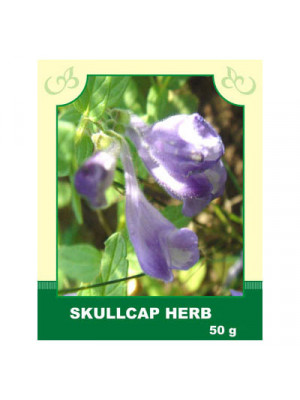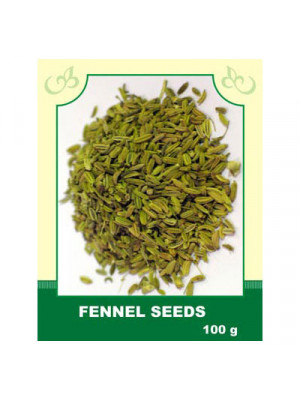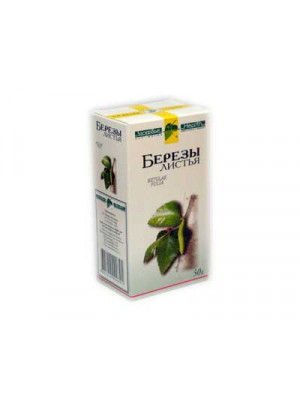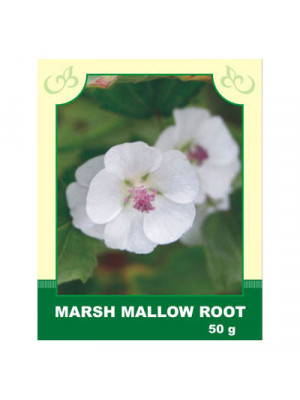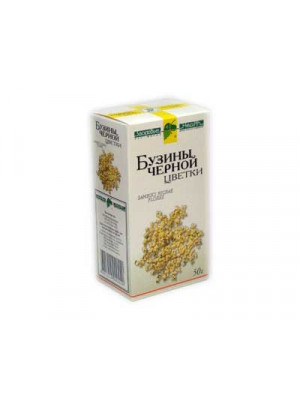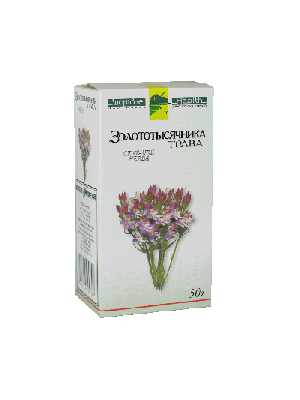Herbs
Orally, it is taken for gastrointestinal and rheumatic diseases; as an expectorant for suffocation, bronchitis; as an anthelmintic, cholagogue, diuretic, and hemostatic.
Method of application and dosage: Finely chopped raw material (20 g) is poured with 200 ml of water, heated on a boiling water bath for 30 minutes, cooled for 10 minutes, strained, and boiled water is added to the original volume. Take 1 tablespoon 3 times a day.
Tincture: 50 g of elecampane roots are infused in 0.5 liters of vodka, infused for 14 days in a dark place. Take 1 tablespoon 3 times a day 30 minutes before meals. This tincture can also be used to rub joints and make warming compresses.
Externally, in the form of baths, it is applied for hemorrhoidal nodes and rectum. It is also used for gargling (in acute and chronic pharyngitis). Finely chopped raw material (50 g) is poured with 100 ml of water, boiled for 20 minutes, and strained. The resulting decoction is mixed with 50 g of vaseline. Used for application to affected areas of the skin (for poorly healing wounds).
Contraindications: individual intolerance, pregnancy, lactation, and for people with kidney and heart diseases.
$6.99Internally, it is taken as an expectorant for upper respiratory tract diseases; as an effective remedy for treating bronchial asthma, anemia, cystitis, dysmenorrhea, and chronic rheumatism; as a diuretic for edema of cardiac and renal origin.
Method of application and dosage: Steep 3 teaspoons of crushed dry inflorescences in 250 ml of boiling water, infuse for 1 hour. Strain and take 1/4 cup 4 times a day 20 minutes before meals. To prepare the tincture, take 40 g of dry inflorescences and pour 500 ml of 40% vodka. Infuse for 10 days in a dark place, strain, and take 20 ml before lunch or bedtime.
Externally, meadow clover is applied as poultices, decoctions, and infusions for abscesses, burns, and joint pain.
Contraindications: individual intolerance and high blood pressure.
$7.99Internally: Violet tricolor is used as a means to stimulate kidney activity, diuretic, diaphoretic, and blood-purifying; tea from violet tricolor herb is consumed for rheumatism, rickets, lung diseases, gout, and osteoarthritis, as well as for joint rheumatism. Additionally, it is taken for cold cough and as an expectorant.
Method of application and doses: 1 tablespoon is poured with 200 ml of hot boiling water, heated in a boiling water bath for 15 minutes, cooled at room temperature for 45 minutes, strained. Take 1/2 cup 3-4 times a day before meals.
Externally: Used as mouthwash for inflammations of the upper respiratory tract and for compresses on wounds.
Contraindications: Individual intolerance.
$4.80Internally, it helps to thin the blood, which stimulates a decrease in blood pressure; improves appetite, cleanses the body; supports liver function as a natural antioxidant; helps regulate weight.
Method of application and dosage: Prepare a drink with milk, adding this ingredient and ginger. Pour a quarter cup of water into a saucepan. Add half a small spoonful of turmeric and a whole spoonful of ground ginger. Mix everything and add a cup of milk. Bring to a boil over low heat. To taste, you can add a little honey and a pinch of cinnamon. It's better to consume such a healing drink before bedtime.
Externally applied for gargling with SARS, wrapping for weight loss.
Method of use and dosage: For SARS, add 1 tsp of salt and ½ tsp of turmeric powder to 400 ml of warm water for gargling. For wrapping: in 100 g of blue clay, diluted with water, add 1 tbsp of yellow powder, 1 tsp of cinnamon. Then add 8 drops of grapefruit, lemon, or orange essential oil. Apply to steamed clean skin, wrap not too tightly with film, cover with a blanket. After 40 minutes, remove with cool water. Repeat once a week for a course of 4-5 times.
Contraindications: pregnancy; individual intolerance; contraindicated in gastritis and pancreatitis patients; the daily intake dose is 1.5 tsp; do not take this seasoning along with other medications.
$5.99Internally. The main purpose of motherwort is to regulate blood pressure. Motherwort preparations dilate blood vessels, slow down the rhythm of heart contractions, eliminate headaches and insomnia, lower blood pressure associated with atherosclerosis, prevent seizures, and slow down the functional activity of the nervous system.
Method of application and dosage: Tincture of 25 drops 3 times a day before meals.
Contraindications: Individual intolerance, pregnancy, breastfeeding.
$8.99Internally: Fennel fruits are prescribed for spasmodic colitis, flatulence, to improve appetite, digestion, bile secretion, as well as for diseases of the biliary and urinary tracts and other diseases. The infusion is especially often prescribed in pediatrics (in the form of dill water) for abdominal pain in children; for bronchitis and diseases of the upper respiratory tract; for lactation in breastfeeding women.
Method of application and doses: 2 tablespoons of fennel seeds are poured with 200 ml of boiling water, boiled in a water bath for 15 minutes, infused at room temperature for 45 minutes, strained. The ready infusion is brought to the original volume and taken in 1/3 cup 3-4 times a day.
Externally: Gives a good therapeutic effect in the treatment of fungal skin diseases.
Contraindications: Individual intolerance.
$6.99Internally, infusion and decoction from birch leaves are used as a diuretic, for disorders of the nervous system, jaundice, as an anti-inflammatory and vitamin remedy, for atherosclerosis, and rheumatism.
Method of application and dosage: Decoction: 2 tablespoons of birch leaves are brewed in 500 ml of boiling water, boiled for 15-20 minutes, strained, and taken throughout the day. Infusion: a tablespoon of birch leaves per 250 ml of boiling water, infused for 3-4 hours, strained, taken 1/2 cup twice a day.
Externally, for joint diseases, compresses from fresh leaves applied to the area of affected joints or baths from a decoction of leaves are used.
Contraindications: Individual intolerance.
$6.99Internally, it is taken as an expectorant, anti-inflammatory, and enveloping agent for bronchitis and bronchial asthma, gastritis, colitis, stomach ulcers, and duodenal ulcers; for inflammation of the bladder and urinary incontinence.
Method of application and dosage: The infusion is prepared by the cold method: 6-8 g of crushed root are infused in cold water for an hour, strained, and sweetened with sugar or honey. Take 20 g every 2 hours.
External use: used for gargling and lavage in inflammations of the mucous membranes of the mouth, angina, stomatitis, and on the genital organs.
Contraindications: individual intolerance.
$6.99- Diaphoretic for colds, they rinse their mouth and throat when laryngitises and angina. Has a tonic, diaphoretic, expectorant, laxative, diuretic effect. Used for rheumatism. Unripe fruit of elderberry are poisonous, they act as a strong diuretic and laxative and contain prussic acid, ripe - completely safe and edible.$9.49
Internally, it is used as an infusion for gastric catarrh, heartburn, constipation, flatulence, to stimulate appetite, and improve peristalsis of the digestive organs. It is also used for liver diseases, insufficient bile secretion, and diabetes.
Method of application and dosage: Steep 1-2 teaspoons of dry, crushed herb in 2 cups of boiling water, let it infuse for 10 minutes; take three times a day, half an hour before meals, 1 tablespoon each time.
Externally, the infusion can be used for skin rashes and slow-healing wounds.
Contraindications: Individual intolerance. Overdose may lead to gastrointestinal upset.
$7.99


